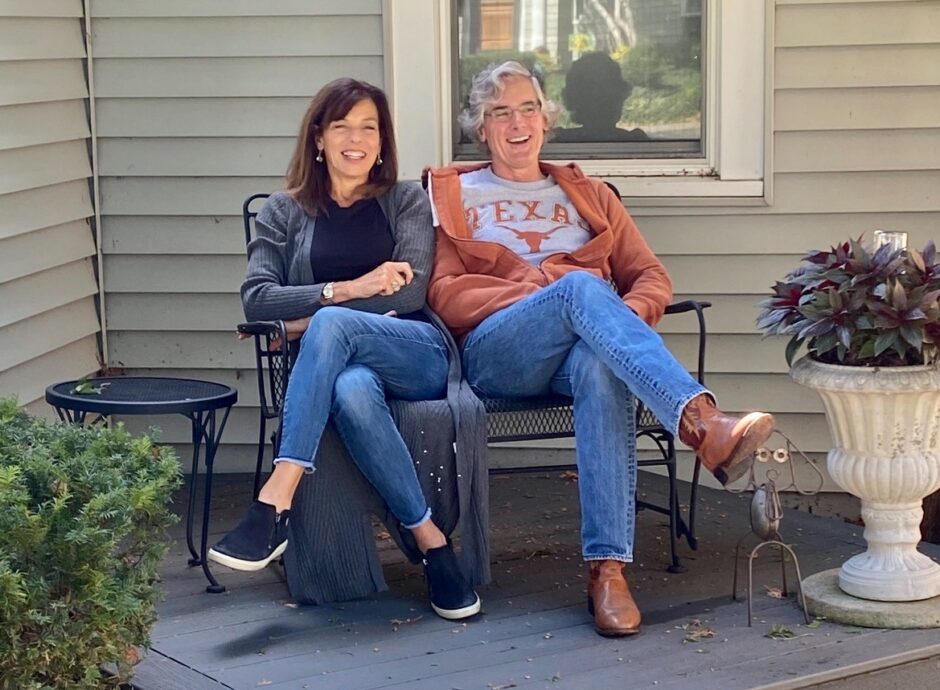
Howdy folks – been traveling for a few days – but I’ve put the time to good use – both reading and thinking through several topics which will hopefully be worthy of a post.
Anyone who’s been reading for the last few weeks knows I’ve been nibbling around the edges of this topic – likely due to the amount of Lovecraftian themed series I’ve recently read – both the Carter And Lovecraft series by Jonathan L. Howard and James Lovegrove’s Cthulhu Casebooks novels. Those books have led me back to both the Lovecraft source material as well as Robert E. Howard’s Conan stories – looking for Lovecraftian elements that I hadn’t really recognized when I read first read them as a teenager. In a recent post, I mentioned that while I quickly drifted away from the original Lovecraft stories – I’ve continued to reread Howard’s Conan tales.
On the flight back home yesterday – reading through the second book in Jeff VanderMeer’s Southern Reach trilogy – “Authority” – I realized why Conan continues to be a fun read for me while Lovecraft no longer holds my attention. I believe it actually relates back to the assumptions the the two writers have made regarding humanity, our resilience and our place in the Universe.
Rereading Lovecraft’s stories, you’re constantly reminded of several things: 1) human insignificance, helplessness and hopelessness in the face of powers, forces and beings we cannot and will never be able to understand nor have the strength and ability to confront and / or overcome and 2) the fragility of human sanity. In his writing, we are, almost without exception, characterized insignificant occupants of a world that does not belong to us and which will eventually be taken away by beings so powerful and advanced that they rarely, if ever, acknowledge us as sentient, meaningful beings. Any attempt to understand, interact, confront or resist these beings inevitably leads to madness – we’re simply too weak as a species to merit continued existence in a hostile world that we can never understand.
While the stories continue to be fascinating and / or enjoyable – I’ll leave that choice to others – their constant hopelessness and sense of an inevitably horrifying end begins to weigh. We almost always see individuals who come into contact with these “others” crumble into a pitiful, inevitable loss of sense of self and / or sanity. Not sure where Lovecraft’s belief in the frailty or fragility of the human psyche comes from – possibly rooted in the fact that he saw both his mother and father committed to a sanitarium at a relatively early age – but it eventually becomes too much. I can’t help – as I read his stories – but tire of the whole thing. It’s also likely one of the reasons why I’ve enjoyed both Howard’s and Lovegrove’s stories so much – as a species, we seem to acquit ourselves in a much better way. I challenge you not to respect the British Marines in “After The End Of The World” that choose to fight and ultimately, with an assist from Lovecraft, defeat a very nasty group of Fomorians.
Conan, on the other hand, responds so differently to similar challenges. You can find Lovecraftian antagonists / entities in so many of his stories – the demon in “The Phoenix On The Sword”, Yothga in “The Scarlet Citadel or Yag-Kosha in “The Tower Of The Elephant” – to name just a few. Upon initially encountering these entities, Conan always initially acknowledges the horror that they represent – but instead of freezing or fleeing or surrendering to insanity – he acts. He asserts himself, he refuses to assume that he is powerless, he confronts what he does not understand and, ultimately, he triumphs. This is one of the things that makes Conan durable for me and allows me to go back, reread and always enjoy the stories.
At the end of the day, I guess I agree with Howard – I believe humanity to be made of somewhat sterner stuff than does Lovecraft.
This post should close out my Lovecraft thread. I’ll continue to reread the Conan stories and I have both Bran Mak Morn and Solomon Kane waiting once I’m done but I’ve found the insight I’ve been looking – time to move onto other topics.
